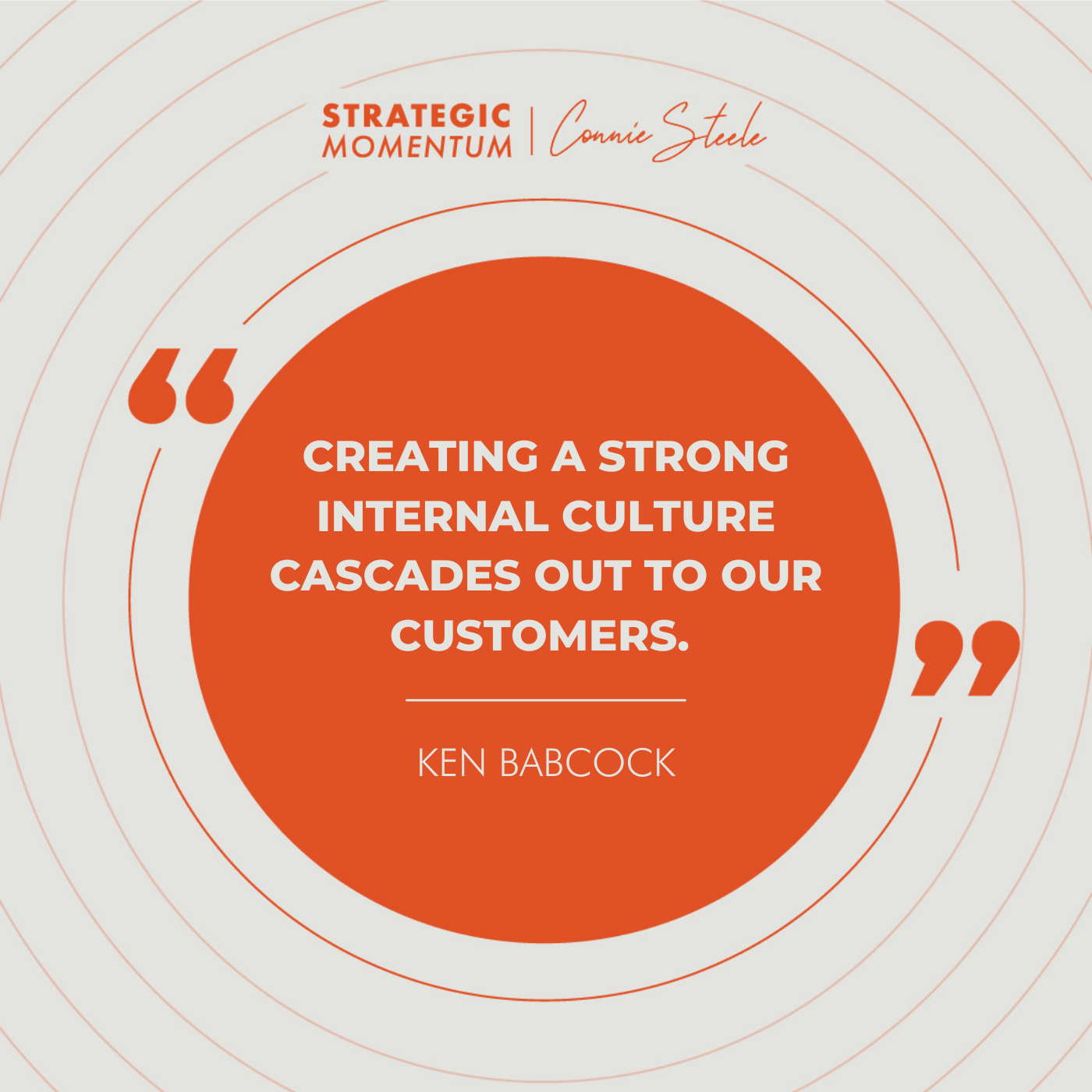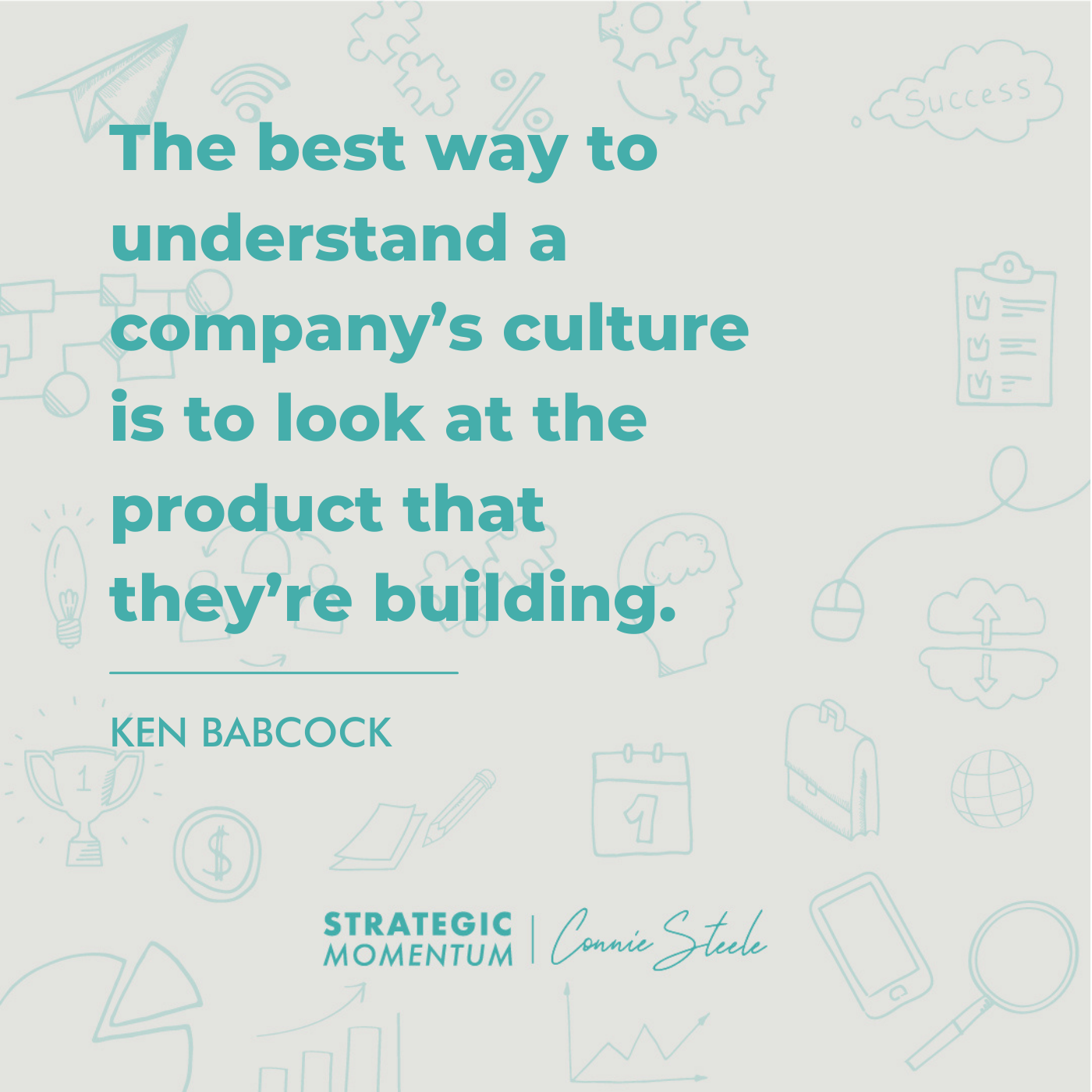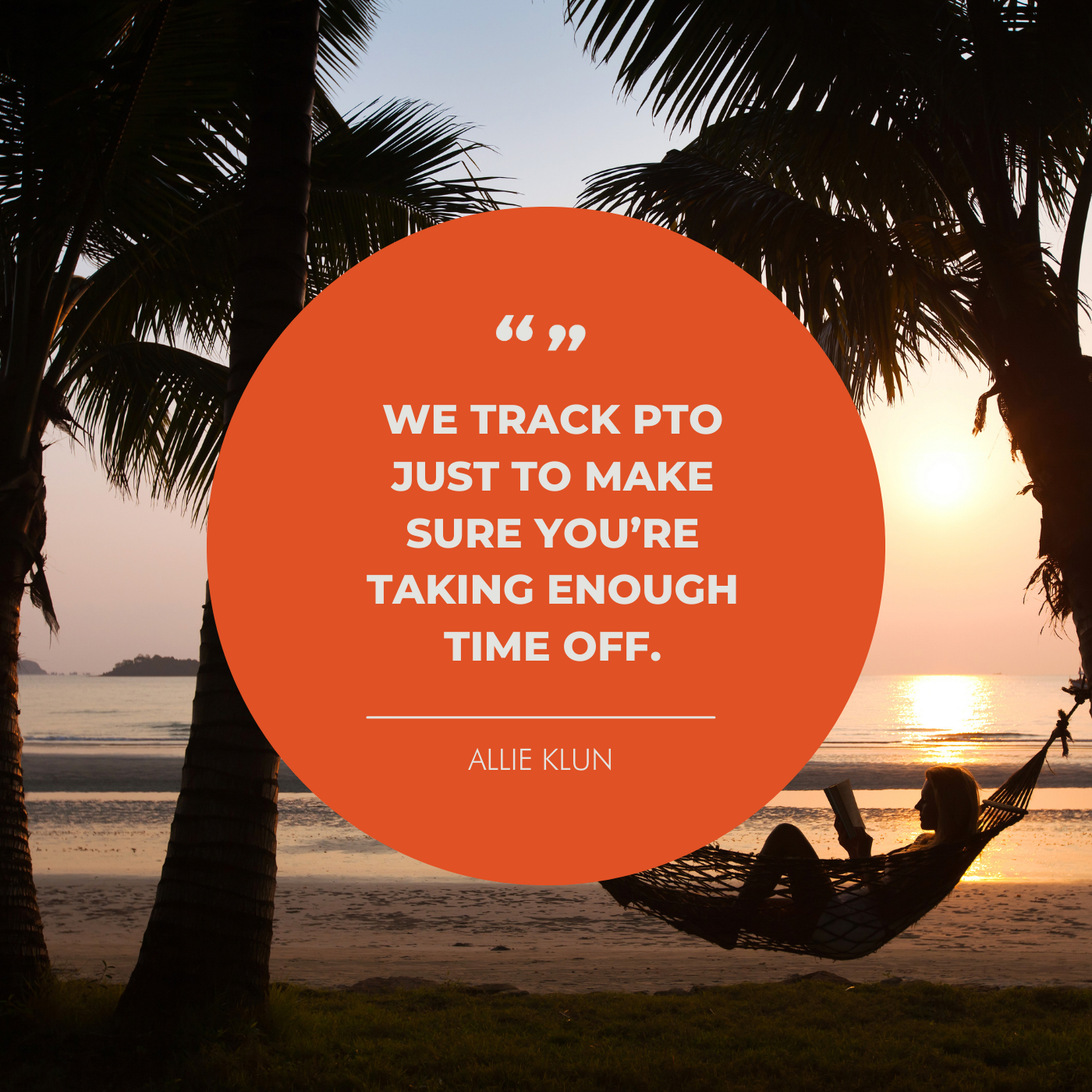Ep. 136 - Creating Cultures That Work: How to Support Your People No Matter Where They Are - with Ken Babcock and Allie Klun
Find Us Wherever You Listen To Podcasts
We now live in a world where “the workplace” can mean a lot of different things — and that has a huge impact on the workforce.
The transition to hybrid and remote work environments can come with a host of benefits, like time freedom and location flexibility, but it also comes with its own unique challenges. In particular, how do you foster a strong culture that supports people when everyone is distributed? How can you create a sense of connection with others when you haven’t met them in person? And how do you make sure your company’s values are constantly aligned with your people’s values?
Ken Babcock is Co-Founder and CEO of Tango, a business productivity software company that improves how organizations capture and transfer knowledge through their documentation solution. He is joined by Allie Klun, Head of Brand Strategy at Tango, to talk about creating an environment that is focused on helping people be their best at work no matter where they are.
Learning from the Past: Dos & Don’ts For Company Culture
Before co-founding Tango, Ken worked at Uber, a tech startup with a well-documented and less-than-stellar work culture. And in a lot of ways, this experience gave him a blueprint for what not to do.
“The piece that doesn't get a ton of attention that was challenging at Uber was [that] we grew so explosively from a headcount standpoint, and we just didn't invest in the infrastructure around how we communicate and collaborate,” Ken says. “That information became power within the organization, and information hoarding became this trait of people that ... would climb the ladder.”
Ken also had a positive inspiration for the Tango company culture: Zappos, another company that has received a lot of coverage for its company culture. Zappos is built on the philosophy of delivering happiness to customers and employees, and they designed a culture from the bottom up to facilitate that.
So, when Ken and his co-founders were starting Tango, they established their core values early knowing how much of a driver they were in terms of guiding culture and particularly the types of people they wanted to hire. It wasn’t about having potential employees conform to their organization, but rather it was about bringing in those who already embody those values. Just like startups need to find product-market fit, they also need to prioritize company-people fit.
Realizing Tango’s Core Values
Allie shares the core values that Tango currently seeks to embody:
Team first. Winning as a team beats winning alone.
Take action. Avoid indecision and move past points of uncertainty.
Aim high. Set uncomfortably ambitious goals.
Embrace diversity. Bring our true selves to work each day and create spaces where others can do the same.
Defining these core values is important to creating that sense of shared purpose and how ultimately people behave. Realizing them throughout an organization, however, is harder.
That’s why Tango actively incorporates its values into its daily operations. One way they do that is ensuring that they are front and center by displaying them on the virtual wall in Notion (a project management and note-taking application).
Then, on a weekly basis, they reflect on these values as a team. They even have a reflection document in which employees are asked to regularly highlight a team member who has embodied these core values and delighted customers. This is shared with everyone regularly, and fostering a culture of recognition in this fashion helps them make these principles and beliefs more tangible.
Realizing your goals doesn’t happen automatically when you put them up on your website — you need to put structures in place like this to continually align people and make them central to everything you do.
And it’s important to note that they’ve continued to iterate, evaluate, and assess those values over time since the business started. These aren’t fixed and they will continue to grow and evolve with the company and the people within it.
Building Bonds Even When Fully Remote
As a fully remote company, Tango knows how crucial it is to build and nurture strong relationships among team members, particularly when we’ve transitioned to a different type of working environment.
To do so, they’ve actively thought about the employee lifecycle and approaches to help build bonds, quickly, that enable team members to understand the whole person. They even have a remote playbook to ensure that their company is a great place to work and people feel that connection with one another from the start.
One particular tool from their playbook is centered around the critical onboarding phase: they ask employees to create a User Manual and Bio. These provide valuable insights into how to work best with them (i.e. ‘How do you like to receive feedback’), which creates a powerful foundation for collaboration. “And I feel like when you do that, not only from, a company perspective but just from an employee perspective, you really think about how you wanna engage with others, and then you have more respect for how others want to be engaged with,” Allie says.
Tango also has a collection of 200 team building questions that they use in their meetings to break down barriers, get people comfortable, and share a bit more about their life. This approach helps foster connection and trust by showcasing a level of relatability in this fun and personal way.
But Tango also recognizes that you can’t fully replace the benefits of a live connection, so they have in-person offsites 3 times a year.
Creating Cultures That Weather Change
In the past, the role of culture, and specifically the values that drive culture, weren’t an area of commitment and accountability among leaders. They were talked about, written down, but the intention to consistently live and breathe them wasn't a focus. Really, we just didn’t have to.
But things have changed. Our workplaces have changed. Our people have changed. And they just keep changing.
So if we want organizations that attract talent, retain the best people, engage workers, satisfy customers, and create that positive impact in the long term, it’s time to get more intentional about not just establishing values but ensuring they are tangibly realized on a regular basis. Tango embodies a truly human-centered organization, and I believe their approach is something that we can all learn from.
Definition of Success
Ken: Enabling the team to do their best work.
Allie: Make work a place that people really want to be at.
Best Career Advice
In basketball, there’s only one ball but many players. So you have to be adaptable because when a team comes together in any situation, there’s a lot of different roles people have to play based on that one ball.
If you hate everyone, you probably need to eat. If you think everyone hates you, you probably need to sleep.
Key Takeaways
Your company’s values are central to everything your organization does. It’s really a core part of your DNA so it’s important to live and breathe it but also recognize and reward others for reflecting them.
When constructing your hiring process, it’s important to think about who you want to hire up front vs. assuming they are going to conform to your culture and approach. Defining your core values and ensuring potential candidates reflect those values helps you determine if there is the right fit.
Building that connection with co-workers remotely requires having that respect for one another on a human level and getting to learn about them outside of their company role. Understanding how they work and fun facts about who they are can be incredibly valuable to building those virtual relationships.
Think about how to build bonds across your entire employee lifecycle, not just when they start. Having a remote playbook like Tango does can be a foundational tool to establish that consistency and alignment with employees. But realize too that your playbook isn’t fixed but a continual work in progress as you learn what could work best in your organization.
Resources
Connect with Ken: https://www.linkedin.com/in/kenbabcock/
Connect with Allie: https://www.linkedin.com/in/allieklun/










